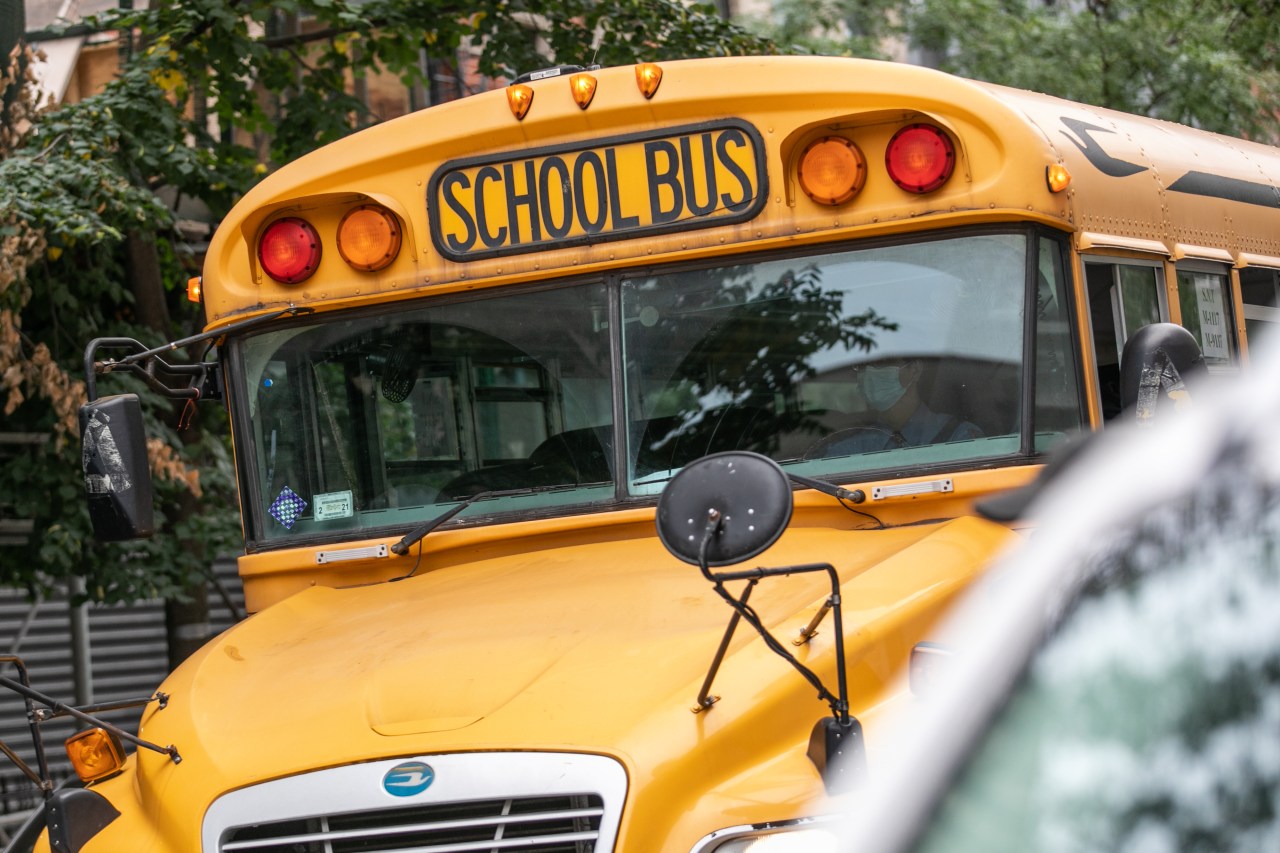As educational institutions grapple with the integration of artificial intelligence tools, the New York City public schools have taken a bold step by restricting access to ChatGPT on campus. This decision has sparked a heated debate among educators, tech enthusiasts, and policymakers about the implications of AI-generated content in the learning environment. While the restriction aims to safeguard academic integrity and student learning, it also opens up an opportunity for a constructive dialogue between educators and AI developers. Let’s dive into the nuances of this action and its broader implications.
The Rationale Behind the Restriction
Concerns regarding the “negative impacts on student learning” and the “safety and accuracy” of ChatGPT-generated content have been at the forefront of the New York City Department of Education’s decision. The insistence is that while ChatGPT can provide quick answers, its use may compromise the development of crucial skills, such as critical thinking and problem-solving, which are indispensable in academic settings and beyond.
- Promoting Skill Development: Teachers emphasize that education must build foundational skills rather than offer shortcuts for completion, which the ease of AI like ChatGPT may inadvertently encourage.
- Safety and Accuracy Concerns: Instances of ChatGPT generating misleading or false information call for caution, particularly in an educational setting where accuracy is paramount.
OpenAI’s Response: Striking a Balance
In light of the ban, OpenAI is not sitting idle. The organization is actively developing “mitigations” to assist in identifying AI-generated text. This dialogue between the tech developer and educators is crucial in shaping a balanced approach that accommodates innovation while addressing concerns about misuse.
- Transparency Initiatives: OpenAI has long advocated for transparency in the use of AI technologies and is now investing in tools that would allow educators to discern AI-generated content.
- Collaborative Solutions: OpenAI expresses a keen interest in collaborating with educators to implement strategies that enable teachers and students to harness the benefits of AI responsibly.
Understanding the Pedagogical Potential
While the ban poses challenges, innovative voices in the educational landscape see potential in tools like ChatGPT. Notably, educators like Victor Lee argue that AI can expand students’ creative horizons. Here’s a closer look at the potential educational benefits:
- Enhanced Reflection: ChatGPT can facilitate a reflective learning process, allowing students to explore their ideas more thoroughly without the fear of failure.
- Diverse Learning Examples: Educators can leverage ChatGPT to create various examples of writing in different styles, thus enriching the learning experience and providing a broader context for students.
Despite the initial fears surrounding its use, embracing what AI has to offer could potentially result in more engaging and dynamic classroom interactions.
Moving Forward: A National Conversation
The decision to restrict ChatGPT in New York City public schools is likely just the beginning of a national conversation on how schools can adapt to technological advancements. As AI continues to proliferate, the challenges and opportunities will only grow:
- Strengthening Academic Integrity: Schools nationwide will be compelled to adopt policies that fortify integrity while leveraging AI as a complementary educational tool.
- Educators’ Adaptation: The evolution of teaching methods will require adjustments to embrace AI’s complementary role in promoting critical thinking and creative expressions.
Conclusion
The New York City public school’s decision to restrict access to ChatGPT signifies a crucial moment in educational technology. By initiating a dialogue between educators and AI developers, we can pave the way for effective solutions that safeguard academic integrity while embracing the advantages of innovative technologies. As we stand on the cusp of this new educational frontier, educators must reflect on their methodologies and goals, adapting to embrace AI responsibly.
At fxis.ai, we believe that such advancements are crucial for the future of AI, as they enable more comprehensive and effective solutions. Our team is continually exploring new methodologies to push the envelope in artificial intelligence, ensuring that our clients benefit from the latest technological innovations. For more insights, updates, or to collaborate on AI development projects, stay connected with fxis.ai.

